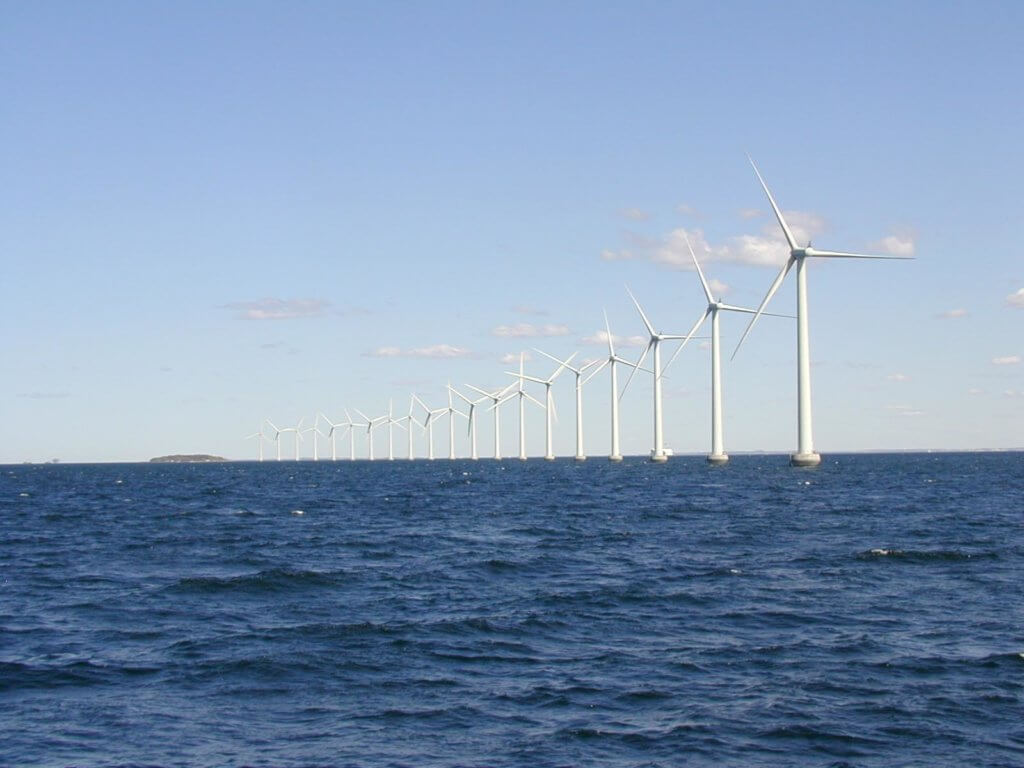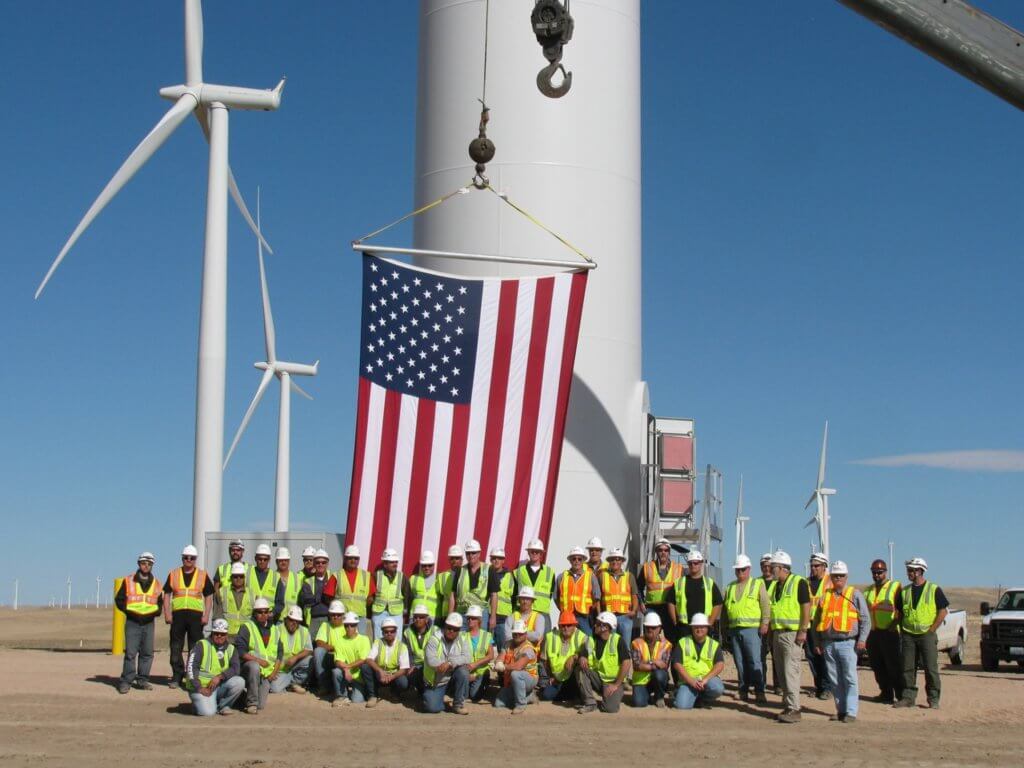News roundup: Senate recesses without EXPIRE action, a Texas wind story, standing up for Kansas renewables
The end of the holiday weekend brings more news on the EXPIRE Act’s progress, the story of how Texas became a world wind capital, and how Kansas is fighting – and winning – to keep their RPS strong.
The EXPIRE Act, which includes a two-year extension of the PTC, was set aside for the Memorial Day break, though the outlook for its passage is still very positive. North American Windpower:
- [The] U.S. Senate has recessed for the Memorial Day break without a vote on whether to advance the EXPIRE Act, a tax extenders package including the production tax credit (PTC) for clean energy and the investment tax credit (ITC) election for wind. Senate leaders from both sides of the aisle have been working on a compromise regarding whether Republicans will be able to make amendments to the bill.
- Earlier this week, a broad coalition from the clean energy business community issued a letter to Senators urging speedy passage of the EXPIRE Act. According to the American Wind Energy Association, the PTC and ITC have successfully driven over $118 billion in private investment just from wind energy development to date. The group says landowners, farmers, supply chain manufacturers and other beneficiaries are looking for an immediate extension of the expired tax credits to reenergize new business and project development for various types of clean energy.
- “The American Farm Bureau believes that a significant part of our nation’s energy should come from the development and use of renewable energy sources,” says Bob Stallman, president of the American Farm Bureau Federation. “These sources are critical to our nation’s energy future and will help further strengthen the overall national security of the United States. Renewable energy sources also contribute to the stability of the rural economy by creating another source of income to our nation’s farmers and ranchers.” John Purcell, vice president of the energy division at Leeco Steel, adds, “As a manufacturer for the U.S. wind industry, we’re proud to have scaled up to meet the growing demand for wind energy.
Texas embraced wind power early as a means to take advantage of its consistent breezes, but the extent to which it has led the way in this clean energy source is astounding. National Journal:
- Green energy has steadily gained traction in the deep-red state. In 2003, wind made up less than 1 percent of the power supply, according to state grid operator the Electric Reliability Council of Texas. By 2013, that share had risen to roughly 10 percent.
- Texan wind power is set to take off in a major way. From 2013 to 2014, ERCOT estimates that wind capacity will increase by 33 percent. Wind-power potential is projected to jump another 25 percent from 2014 to 2015—a sharp uptick in installation that comes on the heels of a half decade of relatively slow growth. (From 2008 to 2013, installations averaged a 7 percent increase each year).
- Policy has also played a role. The expiration of the renewable production tax credit—an incentive that pays out 2.3 cents per kilowatt hour of wind produced—prompted a rush to break ground on new wind projects before the credit lapsed at the end of last year. If the credit is not extended, the wind industry's growth in Texas could lag. And analysts warn that even with the new transmission lines, green energy could hit a bottleneck in the Panhandle as developers race to churn out more wind. For now, however, the availability of the tax credit alongside the potential for turbines to link up with power lines means that the future of wind power in the Lone Star State is bright.
Kansas’s clean energy story is a great one, especially with regards to wind power. Showcasing the success of its RPS program, renewable energy is winning against entrenched special interest groups. The Kansas City Star:
- [Anti-clean-energy] organizations are systematically working in Kansas and other states to attack consumer-friendly laws, often called renewable energy standards. These laws encourage electric utilities to supplement their use of fossil fuels with renewables — especially wind farms and solar power — to reduce air pollution from coal-fired power plants and to keep costs low.
- In spring, Kansas lawmakers said the state’s standard had caused rates to rise about 40 percent in recent years. Wrong. The Kansas Corporation Commission noted that the cost of the renewable mandate actually accounted for about 1/50th of the cost of a kilowatt hour.
- Wind power in Kansas — as Gov. Sam Brownback has repeatedly tried to point out to his less-enlightened Republican colleagues — has created thousands of jobs and produced new revenue for farmers and many businesses.
- Promoters of clean and renewable energy must continue providing the positive facts about solar and wind power to the people of Kansas and to legislators often reluctant to base their decisions on facts.
Sources:
Staff, “U.S. Senate Takes Recess Without Vote On Tax Extenders Bill.” North American Windpower. 23 May 2014.
Clare Foran, “How Green Energy Won Out Over Fossil Fuels in a Red State.” National Journal. 22 May 2014.
Editorial, “Keep battling Koch Industries and its allies to deliver clean, renewable energy.” The Kansas City Star. 24 May 2014.




